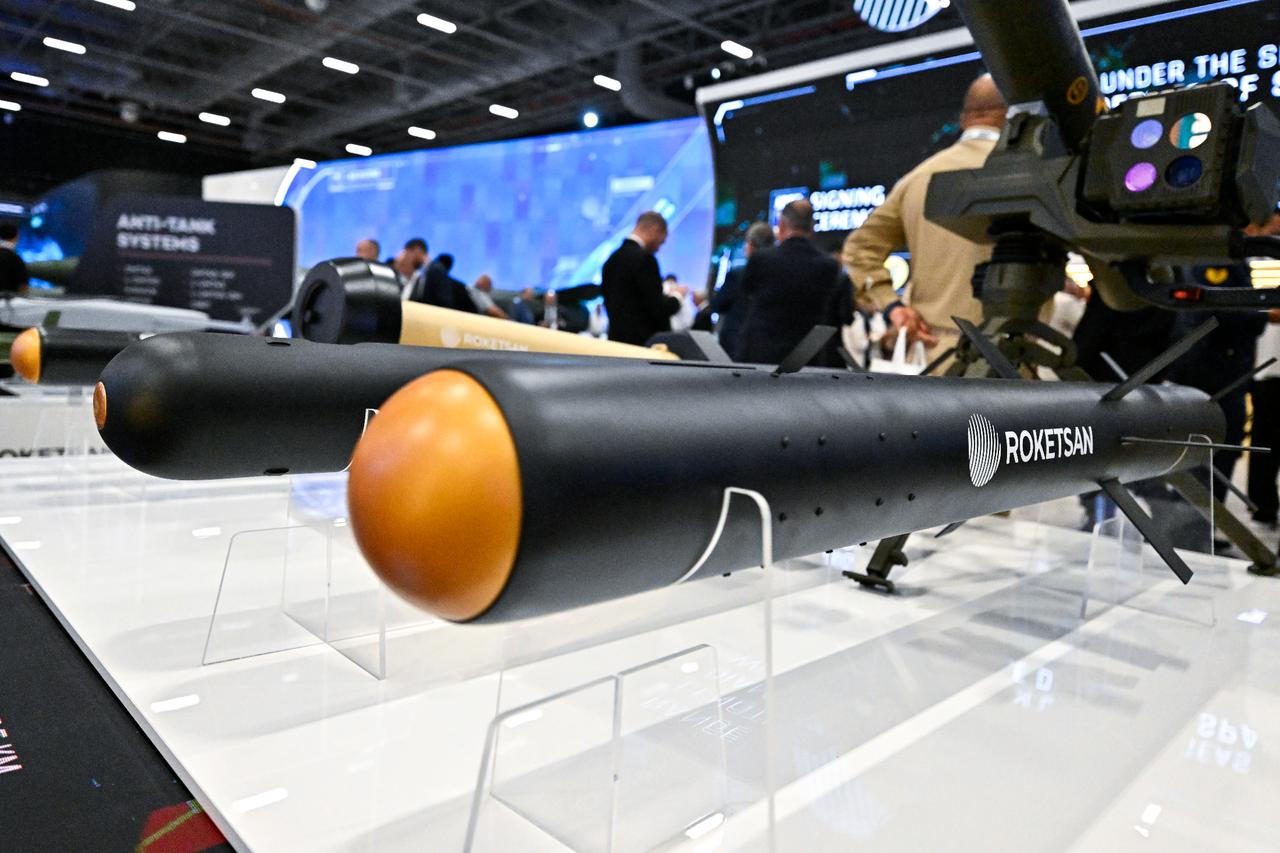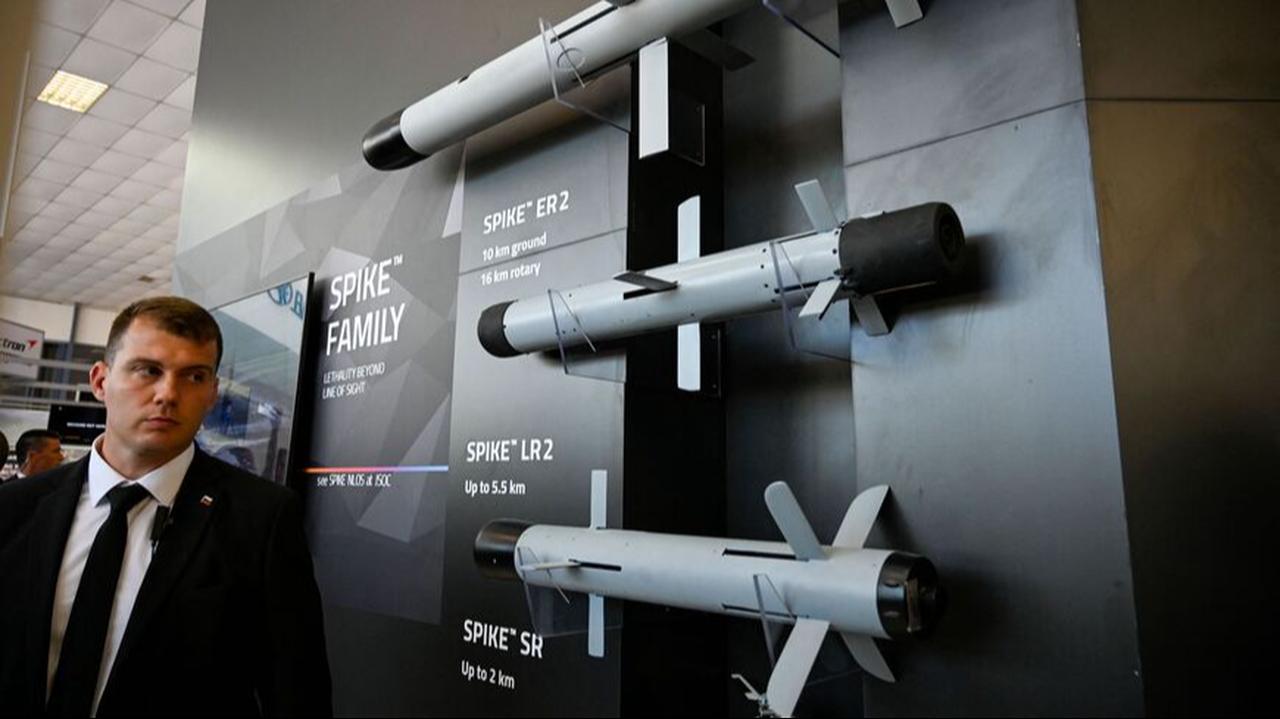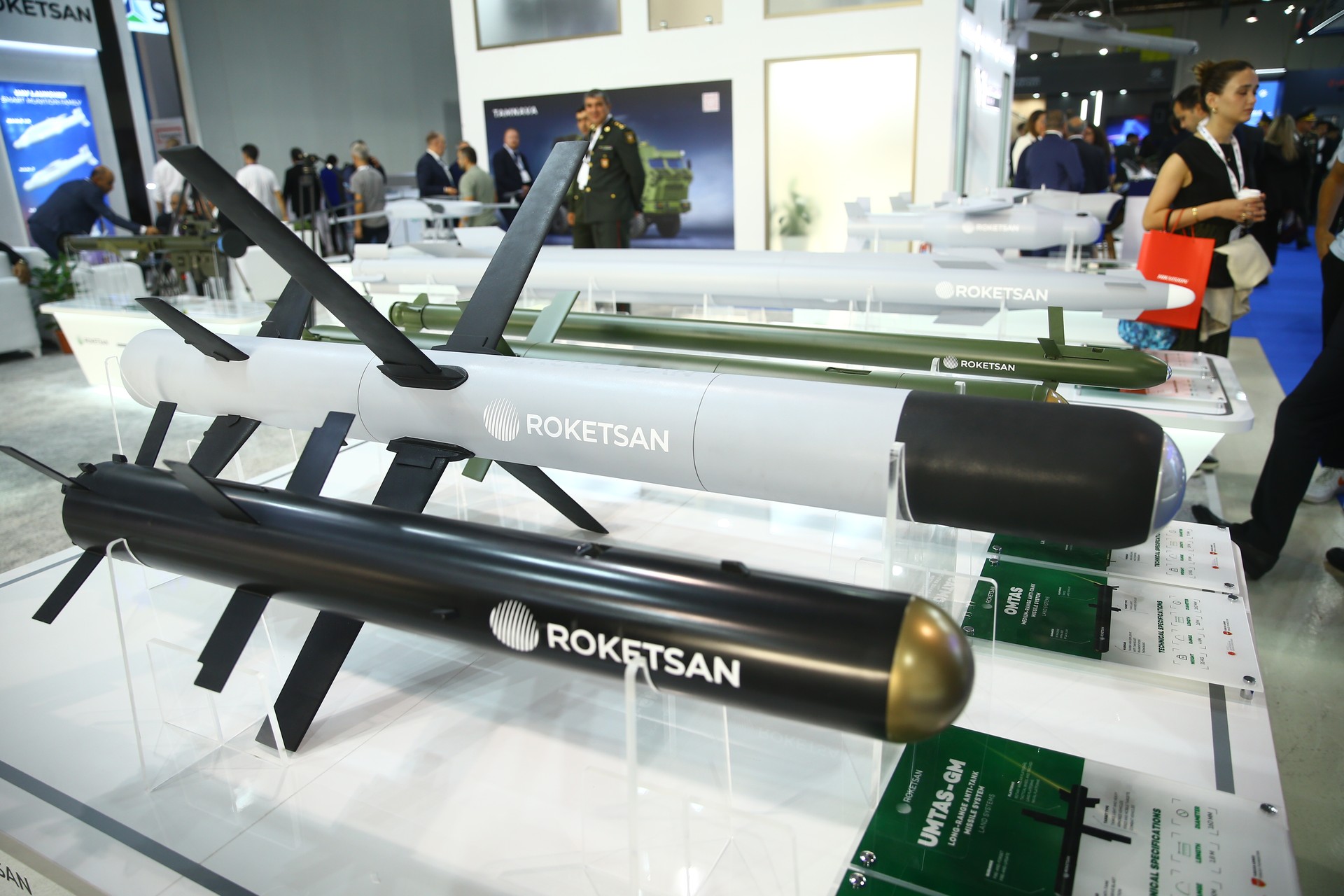
Spain's Defense Ministry is evaluating Turkish defense contractor Roketsan's anti-tank missiles as a potential replacement for the Israeli Spike systems, following the severing of technological ties with Israel, according to Spanish industry sources speaking to Ifodefensa on Tuesday.
The ministry has entered a new phase in its roadmap to disengage from Israeli technology, following the cancellation of procurements including the Silam rocket launcher, Litening designators and the Spike LR2 anti-tank missile, although the programs themselves remain active.
Spanish Defense Minister Margarita Robles' department is collaborating with the Spanish defense industry to identify alternatives and prevent further program delays, Secretary of State for Defense Amparo Valcarce stated at the Army's 2E+I Forum in Toledo.

The ministry has not disclosed specific negotiations or candidates but stated new solutions must feature Spanish or European technology.
Potential replacements include the European missile consortium MBDA's Akeron missile and the American Javelin, developed by Raytheon and Lockheed Martin. Roketsan offers several anti-tank missile models in the market.
Defense relations between Spain and Türkiye are experiencing favorable momentum.
The prime example is the agreement between TAI and Airbus to provide Spain's Air and Space Force with a new advanced trainer based on the Hurjet aircraft.

Roketsan manufactures multiple anti-tank missile families, including the Umtas, Omtas, and Karaok systems.
The company is reportedly open to collaboration with companies from allied countries.
The Umtas is a laser-guided anti-tank missile with a range of between 500 meters and 8 kilometers (4.97 miles), designed for integration on aerial, ground, and naval platforms.
It features high-explosive fragmentation warheads that can lock targets before or after launch, according to the manufacturer.
The Omtas is prepared for firing from tripods and vehicles, with a total weight of 35 kilograms, including the missile and launcher tube, and has a range of 200 meters to 4 kilometers.
It features a fire-and-forget mode with mid-flight target update capability and includes a tandem armor-piercing warhead.
Roketsan also produces the Karaok, a portable short-range anti-tank missile with a 2.5-kilometer range, weighing less than 16 kilograms, including the launcher tube.
It features a fire-and-forget mode, a tandem armor-piercing warhead, and an infrared seeker, enabling day and night operations.

Spanish industry sources acknowledge contacts with Roketsan regarding potential collaboration, although the relationship remains in its early stages.
The company participated in the Feindef defense and security fair held in Madrid in May.
The Turkish company also maintains an extensive range of guided and unguided rockets and could potentially fit the Silam rocket launcher program, which is also undergoing conversion.
Technology transfer will reportedly be key in the anti-tank missile program and other projects affected by the Israeli disconnection.
As with the Hurjet program, the Spanish Defense Ministry's objective is to achieve significant industrial returns for Spanish companies and directly obtain design authority and intellectual property rights, thereby opening up possibilities for developing future' Made in Spain' versions.
The TAI-Airbus Hurjet cooperation agreement was signed at the IDEF 2025 Fair, formalizing the delivery process to the Spanish Air Force.
Spain's potential procurement of KAAN fighter jets instead of F-35s is also under discussion.